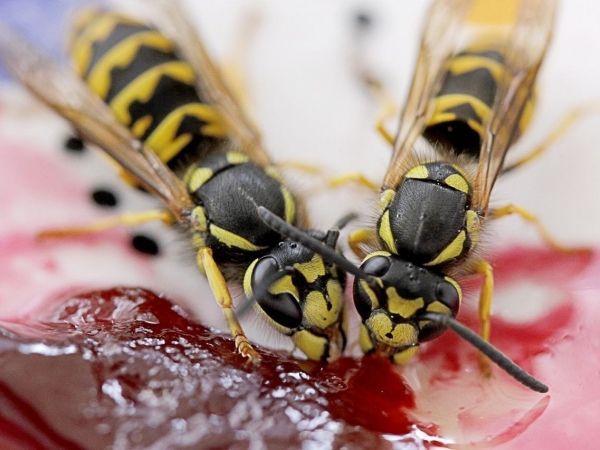Both bees and wasps are two of humanity’s most ecologically and economically important organisms. They both pollinate our flowers and crops, but wasps also regulate populations of crop pests and insects that carry human diseases.
“It’s clear we have a very different emotional connection to wasps than to bees – we have lived in harmony with bees for a very long time, domesticating some species, but human-wasp interactions are often unpleasant as they ruin picnics and nest in our homes,” explained study author, Dr Seirian Sumner (UCL Genetics, Evolution & Environment).
“Despite this, we need to actively overhaul the negative image of wasps to protect the ecological benefits they bring to our planet. They are facing a similar decline to bees and that is something the world can’t afford.”
For the study, published today in Ecological Entomology and funded by the Natural Environment Research Council and the European Commission through the Marie Curie fellowship, 748 members of the public from 46 countries were surveyed (70% of respondents were from the UK) on their perceptions of insects, including bees and wasps.
Continue reading at University College London
Image via University College London


